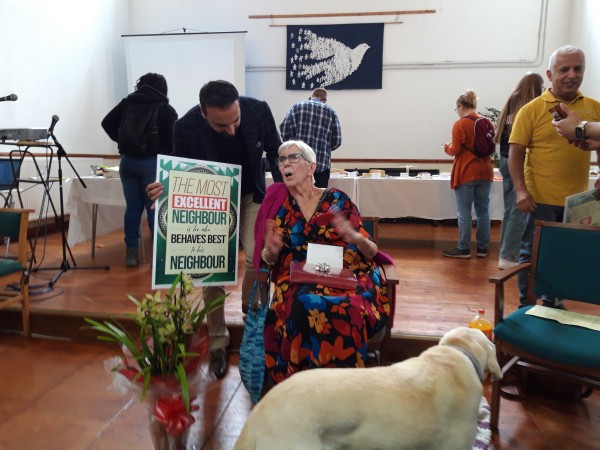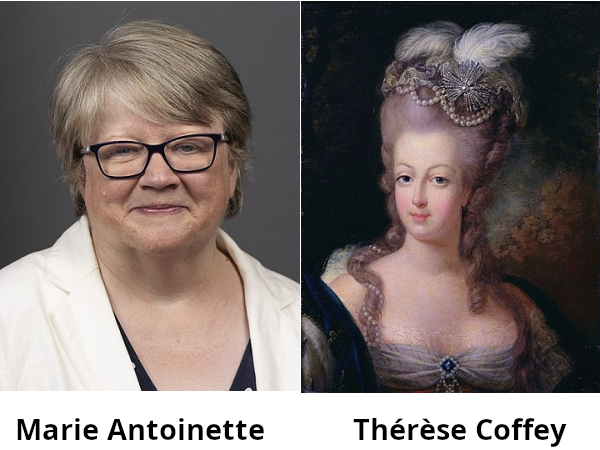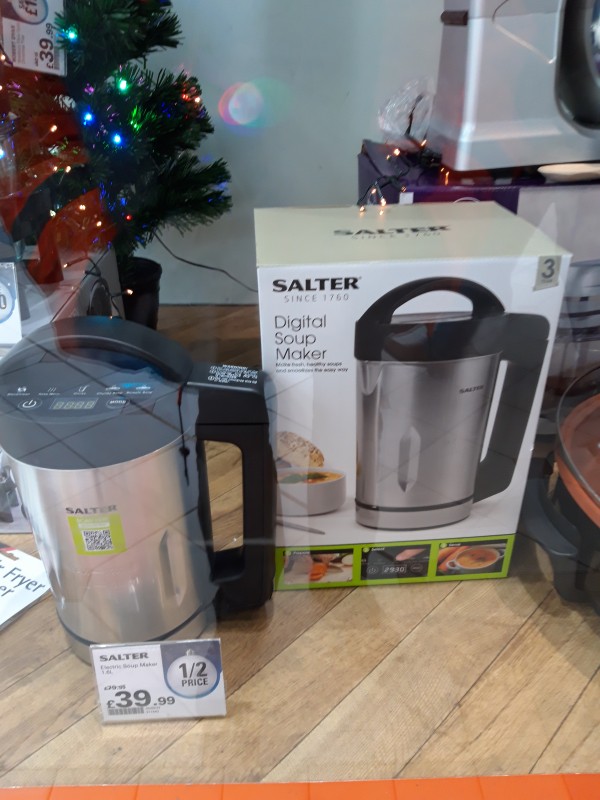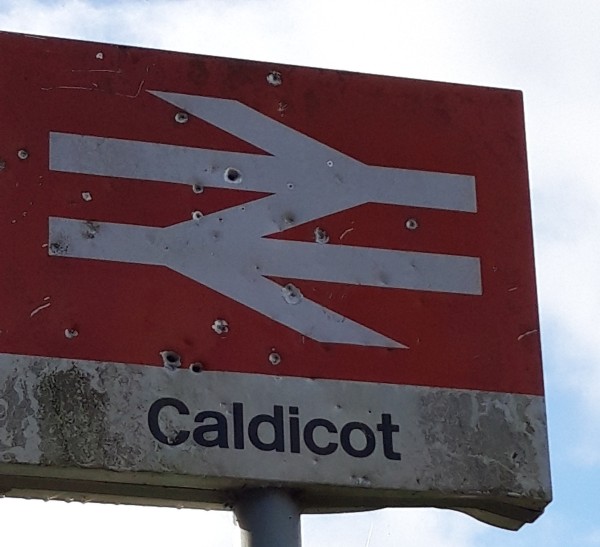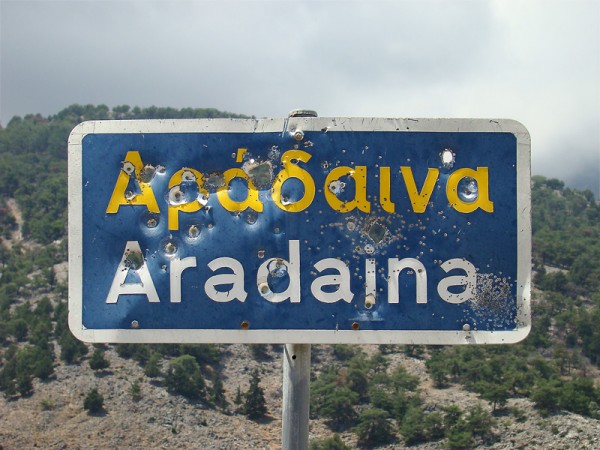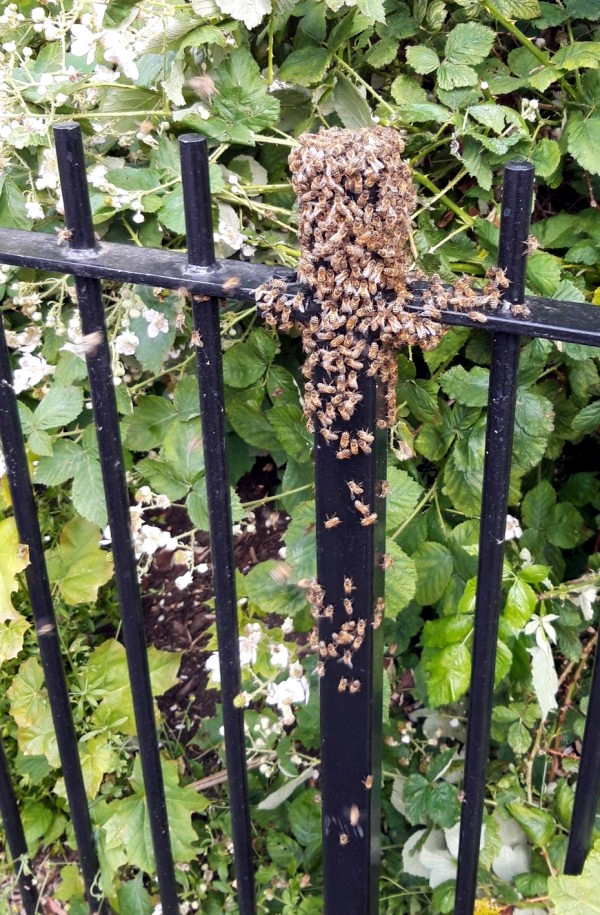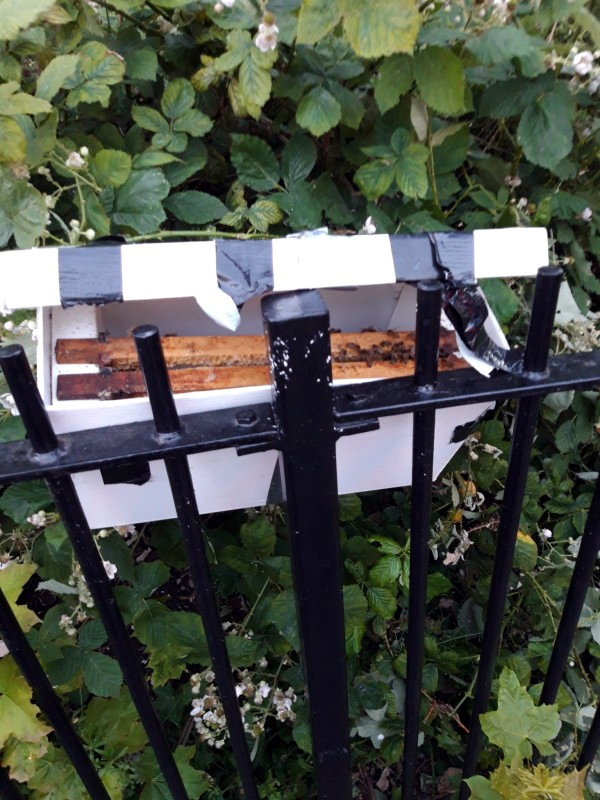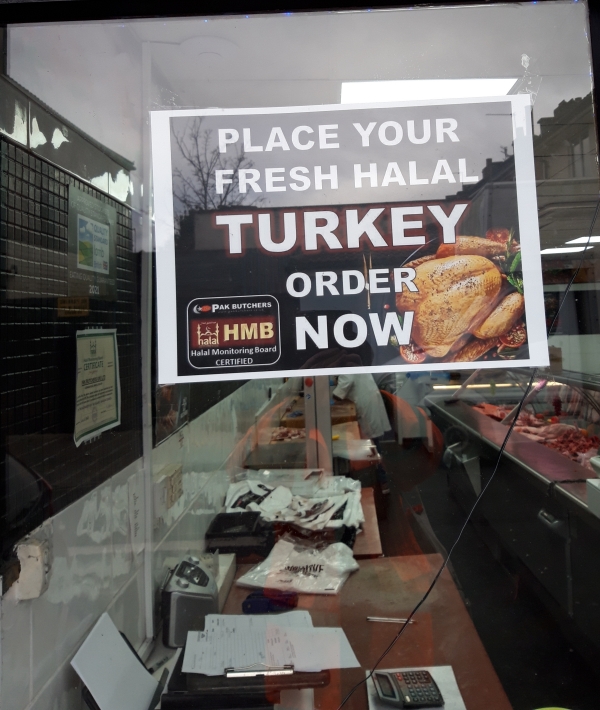Two cities, two cuisines, one politics
All cultures, countries and regions around the world have their own local cuisines, some indigenous, some introduced by incomers and yet others a mixture of the two.
Also termed food cultures, your correspondent notes that food is often inextricably linked to politics as well as identity, as has been apparent in two separate examples from the cities of Bristol and Chicago.
In your ‘umble scribe’s sixty-something years of existence, food in the Untied Kingdom (mis-spelling deliberate. Ed.) has changed beyond all recognition with dishes and tastes from right around the world become increasingly available. I well remember the curiosity and excitement when the first Chinese takeaway opened in my home town of Market Drayton in North Shropshire all those decades ago.
Since those long gone days, takeaway food has become a staple in the British diet; and with the advent of delivery services such as JustEat and Deliveroo, customers can now order takeaways without having to rise from their sofas.
In this post, your correspondent notes that in two separate cites – Bristol and Chicago.
Bristol
First Bristol and a comment on the ephemeral nature of catering establishments despite everyone’s need for food and delivery services. The subvertising in the following photograph was spotted on the city’s Fishponds Road yesterday afternoon.
Note how the subvertising has got the background colour of the original JustEat sign almost right, as well as matching the original font faithfully.
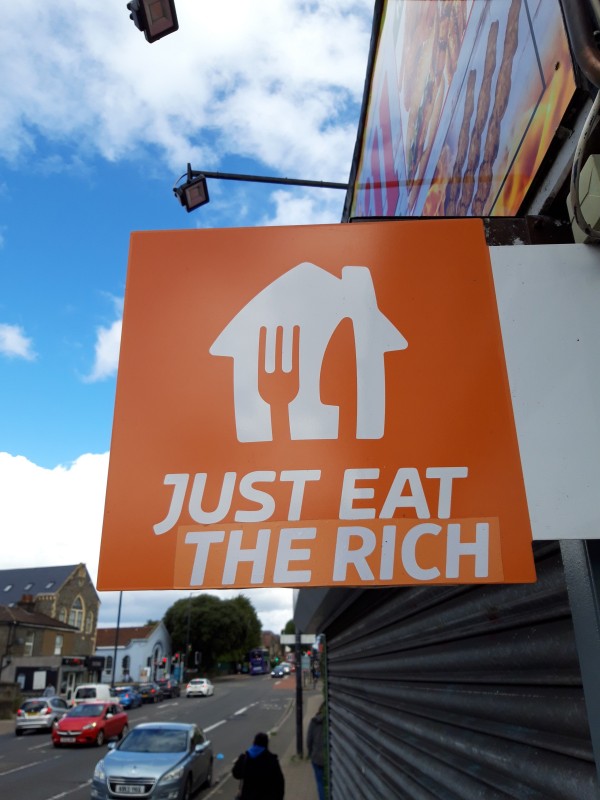
As regards the phrase ‘Eat The Rich, your ‘umble scribe thought it was a modern phrase arising out of anarchist political thought in response to ever-increasing increasing wealth inequality and food insecurity. However, it actually goes back rather further.
That rather further back takes us to the days of the Terror which followed the French revolution. On 17th October 1793, Pierre Gaspard Chaumette, President of the Paris Commune, gave a speech to the city in which he apocryphally remarked that the philosopher Jean-Jacques Rousseau said the following:
Quand le peuple n’aura plus rien à manger, il mangera le riche.
In English this translates to the following:
When the people shall have nothing more to eat, they will eat the rich.
Chicago
Next to Chicago and more specifically The Wieners Circle, which describes itself as an ‘iconic hotdog stand on the north side of Chicago serving up high quality street food with a side of insults‘ [sic].
The Chicago eatery has responded in feisty fashion to the unfounded assertion made by the disgraced former president, insurrectionist, convicted felon, adjudicated sexual predator, business fraudster, congenital liar and golf cheat, one Donald John Trump, that immigrants in Springfield, Ohio were eating residents’ pets during his recent televised debate with the Democrats presidential election candidate, Kamala Harris, as shown below.

Politics and food also have a long relationship. Back in 1798, Cartoonist James Gillray published ‘John Bull taking a Luncheon: – or – British Cooks, cramming Old Grumble-Gizzard, with Bonne-Chere‘ shortly after Nelson’s victory over the French at the Battle of the Nile. The strong link continues today as shown not only by these examples from Bristol and Chicago, but also by American Republicans renaming French fries ‘freedom fries‘ after French opposition to the 2003 Iraq war (cheese-eating surrender monkeys anyone? Ed.).
Update 15/09/24: Trump has continued to make unsubstantiated claims about immigrants in Springfield to such an extent that his cult-like followers have targeted the Springfield’s city Hall and other buildings with bomb threats and a side serving of racial hatred.

